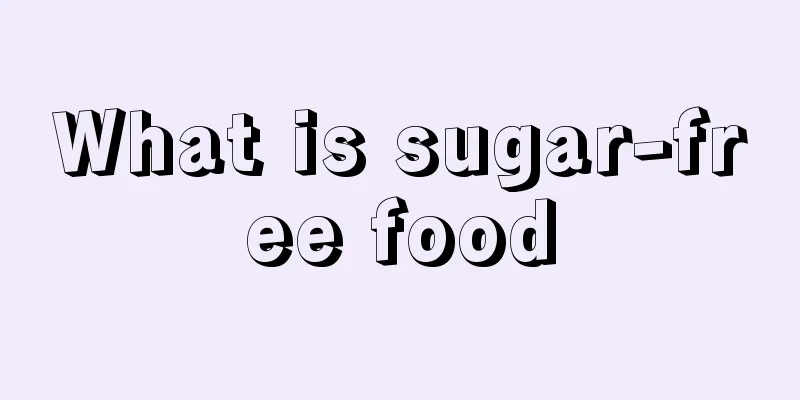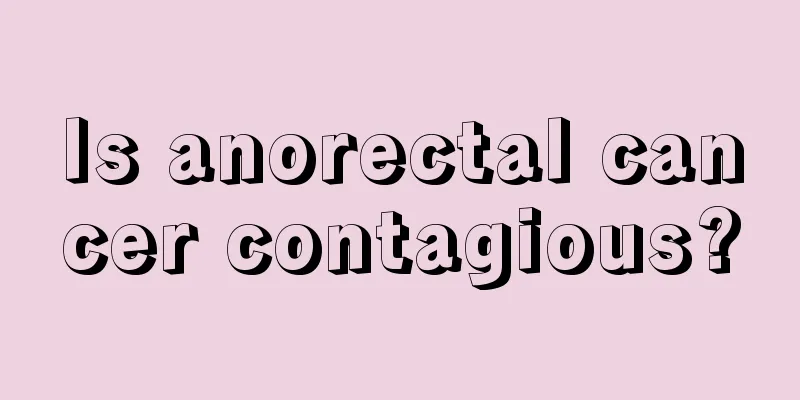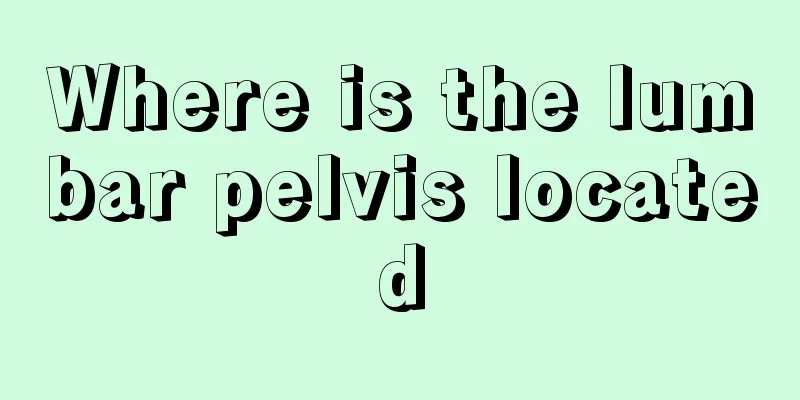What is sugar-free food

|
In recent years, as people are promoting weight loss, more and more sugar-free foods have appeared on the market. However, many people just buy sugar-free foods blindly and do not know how to distinguish them, let alone how to choose cost-effective foods. In fact, many sugar-free foods are just gimmicks, and some people do not even consider carbohydrates to be a type of sugar, which still leads to fat accumulation. So, what are sugar-free foods? 1. First of all, you should choose sugar-free foods produced by larger manufacturers, because large manufacturers will respect the opinions of nutrition experts when mixing ingredients. If the production is standardized, the material input will be more accurate. Secondly, we need to consider what is the sugar content of the main raw materials used to make sugar-free foods? All foods containing starch contain sugar. Patients can check the food ingredient table to see what the glycemic index of the main ingredients in sugar-free foods is. Some sugar-free foods have the “amount of dextrin contained” indicated in the ingredient list. The presence of dextrin means it contains sugar. In addition, protein, fat and sugar (carbohydrates) can be converted into each other in the liver. 2. When purchasing sugar-free products, you should not only check whether they are labeled "sugar-free food", but also look at their ingredient list to see what sweeteners are used to replace the relevant sugars in the product. Do not consume them blindly because they may contain other sugars such as glucose. Not only should we check whether the food packaging contains sucrose, but we should also consider whether the food itself contains sugar. Even if some food additives do not contain sugar, the food itself may contain sugar. Sugar-free foods (such as sugar-free pastries) are made of grains and can break down glucose in the human body, so sugar-free foods are not sugar-free. 3. Be cautious when choosing sugar-free foods. Although some foods are marked "sugar-free", their ingredient list may contain white sugar or glucose. In fact, cane sugar and white sugar are the same thing, just with different names. Some use table sugar or saccharin instead of sucrose, but in essence they are just a change of name. Consumers play some word games and try to pass them off as sugar-free foods. This requires consumers to keep their eyes open and not be confused or misled. 4. When choosing sugar-free foods, be sure to pay attention to what is on the food label and how to interpret specific nutritional indicators. 5. In addition to energy, core nutrients (protein, fat, carbohydrates and sodium, etc.) are also content that must be marked on the nutrition label. In addition, according to the provisions of the "Implementation Rules for Quality and Safety of Food Production and Processing Enterprises", foods that implement the food quality and safety market access system must have the QS mark printed or affixed on their packaging or labels before leaving the factory. Foods without the QS mark shall not be sold. Of course, food additives, ingredients, shelf life, etc. are also indispensable contents on the packaging bag. |
<<: Sequelae of cerebral hemorrhage in the elderly
>>: Are there any side effects of grinding cheekbones when you get older?
Recommend
Is it okay to stop taking anti-inflammatory drugs and have a second child directly?
We all know that only by doing enough preparation...
Can Chinese medicine cure advanced gallbladder cancer?
Primary gallbladder cancer is one of the common m...
What is the reason for the high percentage of monocytes
Monocytes are derived from hematopoietic stem cel...
What can I eat to relieve heartburn immediately?
Because of bad eating habits and lack of attentio...
How long can you live after chemotherapy for gastric cancer
Patients with gastric cancer can generally live 1...
What are the symptoms of schistosomiasis?
Disease is scary, and I believe no one wants to g...
How to remove rust stains?
Now that people's material life has improved,...
What are the dangers of taking hormones for a long time
The most common anti-inflammatory drug is hormone...
Are push-ups considered aerobic exercise?
To judge whether a man has a sense of strength, y...
How to differentiate and diagnose pain under the xiphoid process
Many people may not know the term "subxiphoi...
The harm of insomnia due to breast cancer
The dangers of insomnia due to breast cancer The ...
What are the means of lung cancer examination
Lung cancer is a common malignant tumor in my cou...
What are the early signs of esophageal cancer? How to prevent esophageal cancer?
Esophageal cancer is one of the common malignant ...
How to replenish the body when you have diarrhea
In our daily life, we may experience diarrhea sym...
Will benign pituitary tumor recur?
Pituitary tumors are a relatively common type of ...









